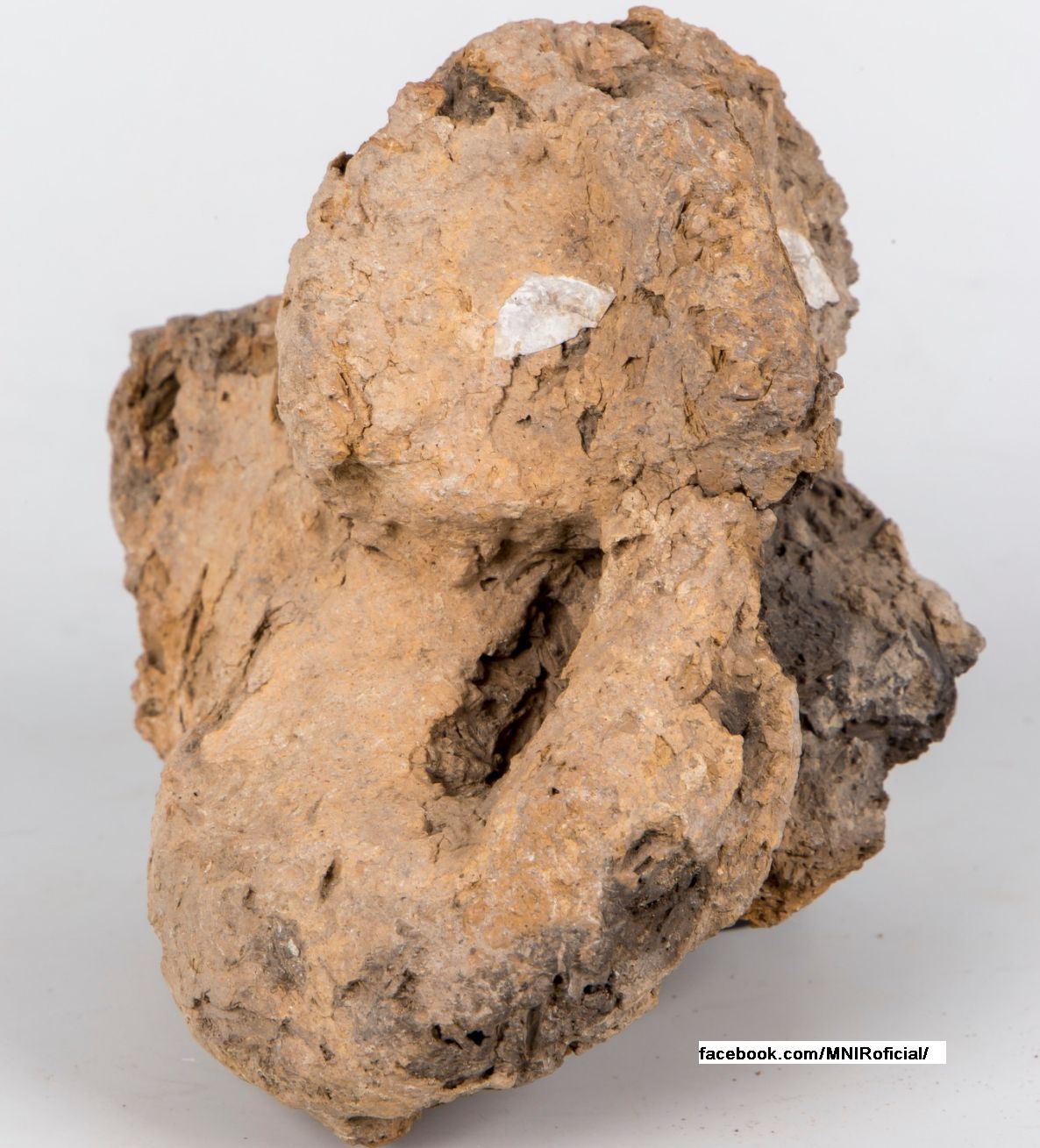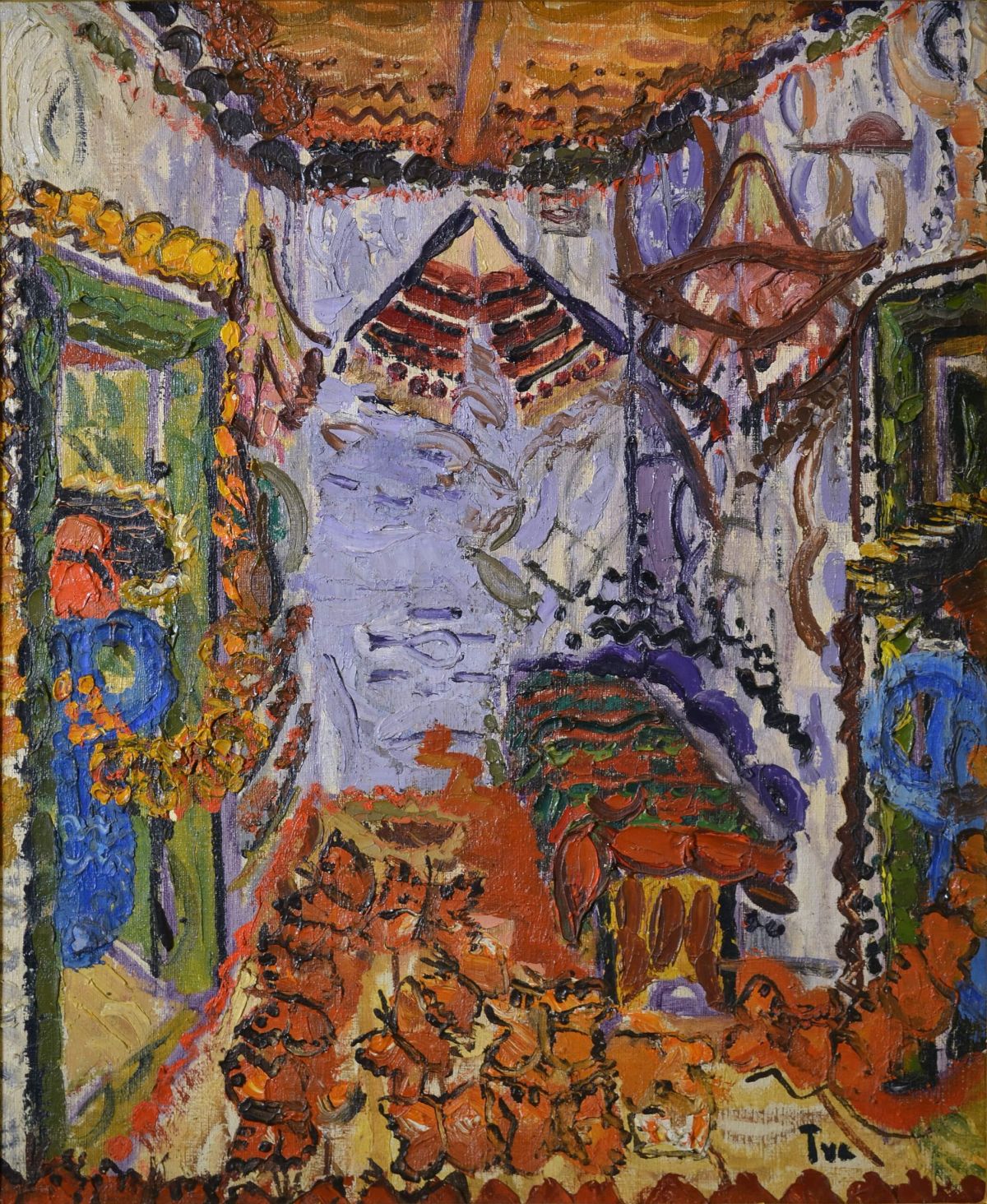The Diary of a Royal Secretary – Louis Basset
The Swiss Luis Basset was one of the important people at the Romanian Royal Court in the first half of the 20th century

Christine Leșcu, 16.11.2019, 13:43
The Swiss Luis Basset was one of the important people at the Romanian Royal Court in the first half of the 20th century. However, little is known of the man who started as secretary to King Carol I, and then was the administrator of the Royal House for more than 60 years. Louis Basset was born in 1846. He graduated from the Letters Faculty of Neuchatel University and started working for King Carol I in 1869. Recently, Humanitas publishers has released a journal titled The War of a Devoted Servant, which covers the period August 23rd 1916 – May 3rd 1921, and which brings interesting details about WWI and the Romanian royal family.
Historian Georgeta Filliti has more:
“During the first world war, although he was King Carol Is private secretary, he was not in the country. Basset had this advantage, of getting lots of information in Switzerland. He could read both the press favourable to the Central Powers, and that supporting the Entante. He would communicate quite frequently with the country too. His diary provides lots of interesting details about the war period, but also some controversial opinions. We could not say that he was on Germanys side, but he did not particularly love the Entente, either. For instance, he makes some characterizations that may seem peculiar, such as that of the peace of Georges Clemenceau, which he describes as a peace achieved sword in hand. All these thoughts of his, written quite fluently and calmly though, with no passion, make us think. That is why his diary is extremely interesting.”
Louis Basset was also involved in some of the royal familys critical events, as Alina Pavelescu, the translator and editor of the diary told us:
” One such episode is the famous break-up between Ferdinand and maybe the only woman whom he truly loved, Elena Vacarescu, who was not accepted by the family for political reasons. The second was the one in which the favourite preceptor of Carol, the future King Carol II, was removed from the court. He was Swiss too, a man by the name of Arnold Mohrlen. In fact, at first, Basset recommended and supported him. But he would later contribute to his removal, though both Carol and princess Elisabeth liked him a lot. Despite such delicate matters, the royal family, including Carol II, supported old Basset till the end, and covered him in honours for his devotion to the Royal House of Romania.”
Carol I may have sensed Bassets potential, but it was his nationality that counted the most. Here is Alina Pavelescu again:
“When Carol I became king of Romania, he had a problem, in the sense that he owed it, politically, to both Germany and France, to the first because of his family, and to the second because of Napoleon IIIs support. The two big powers were careful enough to plant their own people by the side of the king. One such example is the German Friedlander, who was not only a secretary, but also a sort of a spy for the Hohenzollern family, telling Carol what his family in Germany liked to have him do in Romania. The second secretary was Emile Picot, who didnt stay long in Romania. In 1869 he returned to France and continued his career as a philologist. He loved the Romanian language very much and he was the first French to hold a course in Romanian at the Sorbonne. Emile Picot was not only a spy for Hortense Cornu, Napoleon IIIs milk sister, but he also tried to interfere in internal affairs and to influence certain governmental decisions. So, Carol I decided to no longer use those secretaries, due to their bias, and resort to more neutral countries. This is how Basset got to the Romanian court.”
Louis Basset helped Carol I in the process of modernizing Romania. However, during the war, he left the country and lived in Geneva for 4 years, and that was when he wrote his diary. He died in 1930, but only today readers have the opportunity to learn about his perspective on the big war and the royal house of Romania.





























